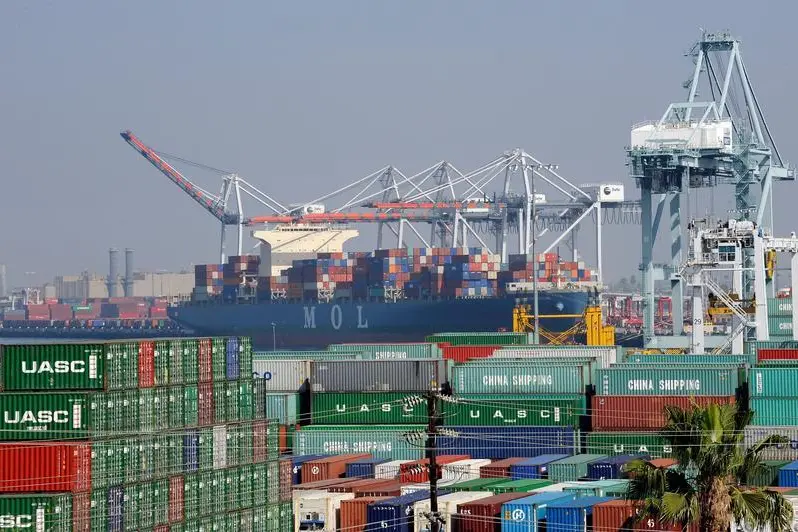PHOTO
LONDON - Symbolism can sometimes be overwhelmed by sheer financial power. That is the unfortunate fate of the trade deal the European Union and Japan signed on Tuesday. The accord between countries which account for nearly a third of the world’s GDP will create the world’s largest open economic area. It’s also a welcome reminder that trade barriers can fall as well as rise. But the benefits are dwarfed by the damage U.S. President Donald Trump could inflict with more tariffs, say on car imports.
The signatories of the new trade deal are understandably keen to stress its benefits at a time when companies are worried that escalating trade tensions could disrupt exports and global supply chains. Once the agreement is fully implemented, roughly 99 percent of tariffs applied to EU exports to Japan, such as cheese and wine, will be removed. As a result, European companies could save up to 1 billion euros in custom duties, the European Commission estimates. Tokyo, for its part, has secured the elimination of EU levies on Japanese cars and most car parts, among other items. Reducing such levies and other barriers could boost the EU’s economic output by 0.8 percent and Japan's by 0.3 percent over the long term, EU officials reckon.
Those benefits, however, dwindle into insignificance when compared with how the global economy might be hurt if the United States carries out its threat to slap another round of tariffs on imports. The administration has already signalled extra levies on Chinese goods worth an additional $200 billion, and is studying a plan to impose a 25 percent levy on auto imports. The latter would affect cars worth $208 billion - not including parts - the Peterson Institute for International Economics says.
No wonder then that the International Monetary Fund on Monday estimated that annual global economic output could be half a percentage point lower than projected by 2020 if current trade policy threats - and retaliatory actions from U.S. trading partners - come to pass. That’s too much for even the most symbolic new trade agreement to counter.
On Twitter https://twitter.com/Breakingviews
CONTEXT NEWS
- Japan and the European Union on July 17 signed a wide-ranging free trade deal that creates the world’s largest open economic area.
- European Council President Donald Tusk, who speaks for the 28 EU national leaders, told reporters: “We are sending a clear message that we stand against protectionism.”
- For previous columns by the author, Reuters customers can click on
- SIGN UP FOR BREAKINGVIEWS EMAIL ALERTS http://bit.ly/BVsubscribe
(Editing by Peter Thal Larsen, Karen Kwok and Bob Cervi)
© Reuters News 2018





















